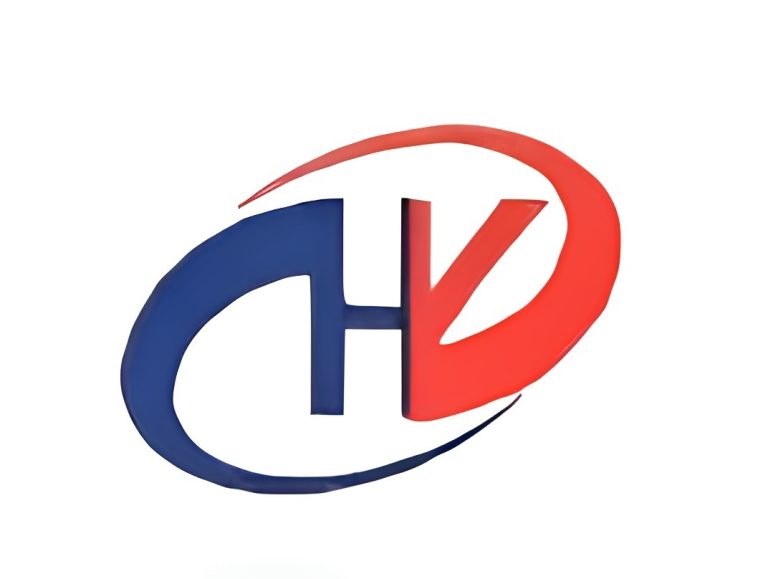
HK INFRA ENGINEERING PVT LTD.
procurement
Procurement involves the process of acquiring goods, services, or works from external sources. It encompasses everything from identifying needs to managing contracts. Here are key details about procurement:
Procurement Planning
• Needs Assessment: Determining what goods, services, or works are required, including quantity, quality, and timing.
• Budgeting: Establishing a budget for the procurement based on estimated costs and financial constraints.
Supplier Selection
• Sourcing: Identifying potential suppliers or vendors that can provide the required goods or services.
• Prequalification: Evaluating suppliers based on criteria such as capability, reliability, and financial stability.
Tendering and Bidding
• Request for Proposal (RFP) / Request for Quotation (RFQ): Issuing formal requests to suppliers to submit bids or proposals.
• Bid Evaluation: Assessing bids or proposals based on criteria like price, quality, delivery time, and compliance with requirements.
Contract Negotiation
• Terms and Conditions: Negotiating contract terms, including pricing, delivery schedules, payment terms, and warranties.
• Legal and Compliance: Ensuring that contract terms comply with legal and regulatory requirements.
Order Placement
• Purchase Orders: Issuing purchase orders to formalize the agreement with the selected supplier and initiate the procurement process.
• Order Confirmation: Receiving and confirming the supplier's acknowledgment of the order and expected delivery date.
Delivery and Receipt
• Inspection: Checking the delivered goods or services for quality, quantity, and compliance with specifications.
• Acceptance: Officially accepting the delivery and processing any necessary documentation.
Payment and Financial Management
• Invoicing: Receiving and processing invoices from suppliers for payment.
• Payment Processing: Managing payment according to the agreed terms, including handling any discrepancies or issues.
Contract Management
• Performance Monitoring: Tracking supplier performance to ensure they meet contract terms and quality standards.
• Issue Resolution: Addressing any issues or disputes that arise during the contract period.
Record Keeping
• Documentation: Maintaining records of procurement activities, including contracts, purchase orders, and correspondence.
• Audit Trails: Ensuring that procurement records are accurate and accessible for audits and compliance reviews.
Supplier Relationship Management
• Communication: Maintaining effective communication with suppliers to build strong relationships and address any concerns.
• Performance Reviews: Conducting regular reviews of supplier performance and providing feedback for continuous improvement.
Procurement Strategy and Improvement
• Strategic Sourcing: Developing strategies for sourcing that align with organizational goals and enhance procurement efficiency.
• Process Improvement: Continuously reviewing and improving procurement processes to increase effectiveness and reduce costs.

